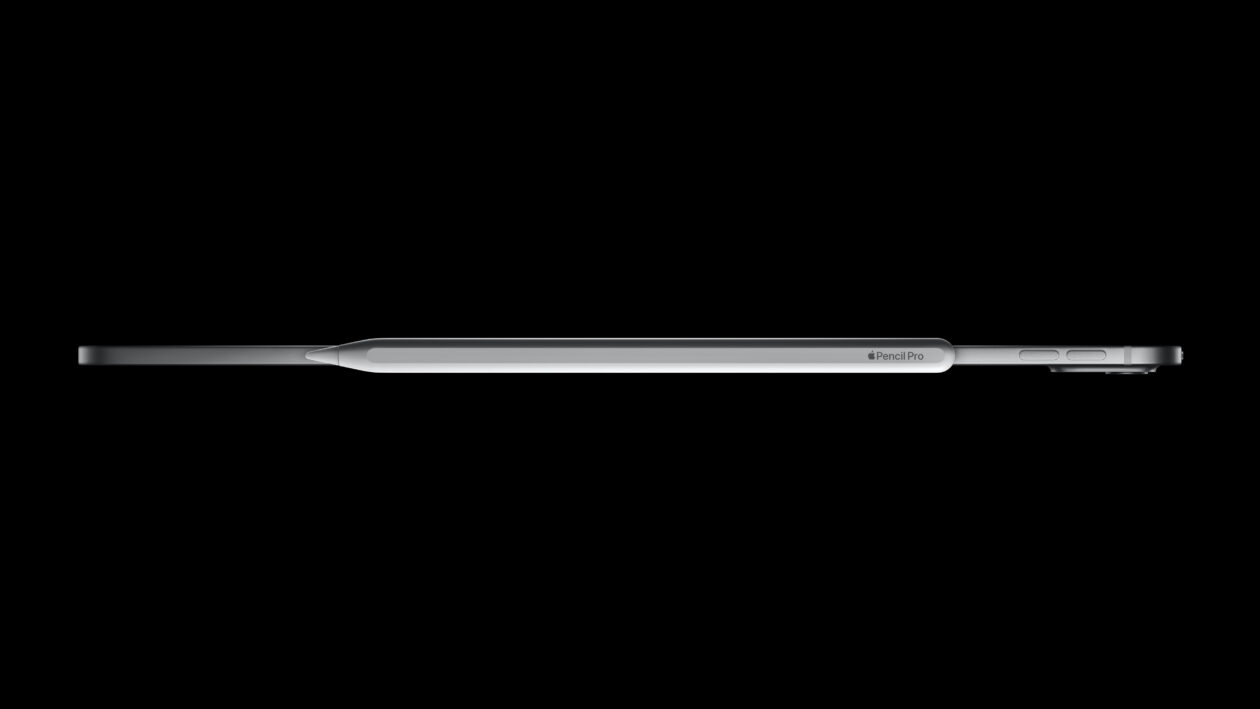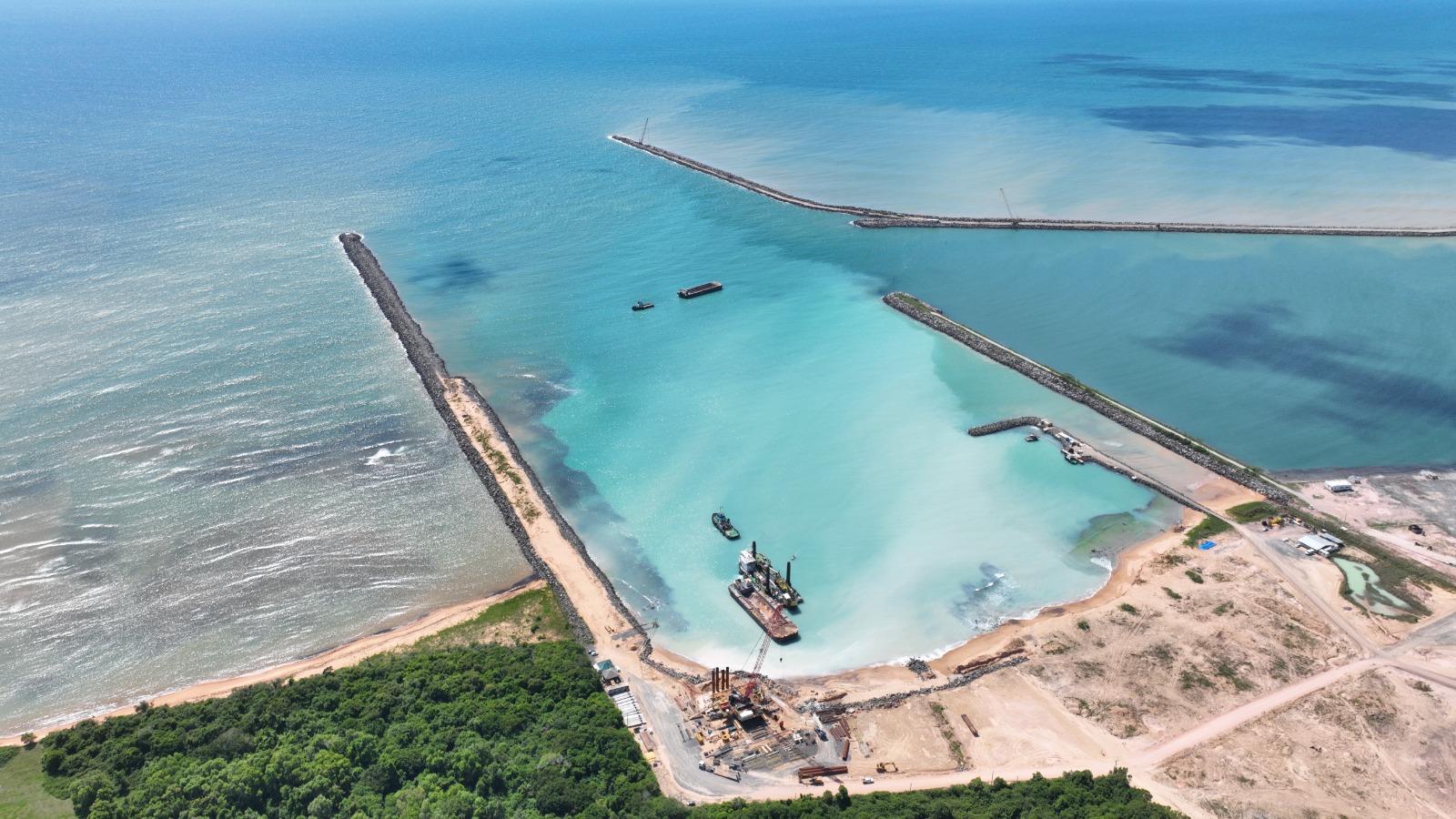Much celebrated by businessmen in the port sector, the renewal of the “Report” (the tax system to stimulate the modernization and expansion of the port structure) for another 5 years, has the potential to unleash billions of investments until the end of its validity, in 2028.
The estimate is a 20% to 30% reduction in the cost of importing machinery and equipment, with a financial impact of about R$2 billion per year on the federal government from lost revenues. Now, TUPs want to turn the benefit into a permanent policy.
In the port of Imitami alone, in Espiritu Santo, equipment worth R$600 million will be affected by the exemption. The complex, whose construction began from scratch in 2021 and is expected to be partially opened in 2025, will cost R$1.7 billion in this first phase.
Continues after ad
Anderson Carvalho, the port's director of trade and operations, says it would be “practically impossible” to launch the project without the programme, and that the company was “very concerned” about the possibility of non-renewal. “The port needs a very expensive superstructure, which becomes unfeasible with import taxes. Without Reporto, there is no way to organize an operation at the same level as an international port. I would have to save on equipment, which would affect the economic and technical feasibility of the investment and would It has operational consequences.
About R$400 million has already been spent on the physical infrastructure of Imetame Logística Porto, in Aracruz (Spain), such as breakwaters, dredging the channel and starting the construction of piers. “It was a very tense period, because the work had already begun. “When we built the project there, we thought about Reporto,” says the manager. “And there was no way to go back, so we ended up buying more old equipment, with less Productivity. This will end up impacting the project both technically and operationally.
Predictability
Created in 2004, Reporto allows the purchase of machinery and equipment with exemption from various federal taxes: IPI, PIS, Cofins and import tax. It has been extended by the National Congress since 2007, in short periods of one or two years, and its validity was extended again at the end of last year – this time for a longer period.
Companies highlight the importance of 5 years, as shorter renewals are detrimental to the long-term planning of port terminals – which take years to build. The estimate is a 20% to 30% reduction in spending on imported products, which are ordered two years in advance. A longer extension is also important for the sector, because taxes are paid (or not paid) only when the equipment arrives in Brazil.
As a result, entrepreneurs have two options: either they implement projects without considering the tax benefits – and then “get” a positive surprise with the extension – or they anticipate investments, which will be made over a longer term. This is the case for the port of Itapua, in Santa Catarina, which had to attract millions of dollars in investment due to short renovation works. The complex is located in Pabitunga Bay in the north of the state, close to many competitors such as the ports of Itajay, Navegantes and Sao Francisco do Sul.
Construction began in 2006 and R$2.5 billion has already been invested in the project. In 2021, Itaboa invested US$35 million in ten autonomous mobile under-frame cranes (RTGs) and in a new 50-metre “port crane” (port crane mounted on a gantry structure) to modernize its infrastructure. At the time, the company didn't need a lot of equipment, but it took advantage of Reporto and didn't want to risk not refurbishing it.
“This value would be 25% higher if there was no report. So we expected [o investimento]“Because at that time the validity was until the end of 2023,” says Cassio José Schreiner, CEO of the port. “We completed the purchase more than two years ago, in the second half of 2021, as it takes years to build and deliver this equipment” (part of the equipment arrived in the middle of last year and the other part in December).
“If I had the perspective, in 2021, that it would be renovated, I would not need to expect a year or two of investment. But it ended up being Until it is useful, because we have a plant operating at more than 80% of its capacity.” “In 2021 I was expecting investment. But it was good, because without the new equipment I would have a hard time working in 2024.
Investment exemption
The government of Luiz Inacio Lula da Silva (PT) estimates a cost of R$2 billion annually with Reporto. But even Finance Minister Fernando Haddad, who has persevered in his campaign to end various tax benefits in Brazil, is defending the extension. He said that this measure “reduces investment” and stressed that this is in fact “the backbone of tax reform.” “No country develops without encouraging investment and export.”
The Association of Private Port Terminals (ATP), which represents 33 companies and brings together 65 TUPs, celebrated the expansion. Among the partners are the largest players The country's private companies, such as the ports of Asso, Sodesti, Itapua, DP World and Portonav, which in 2023 handled 773.9 million tons (annual increase of 6.6%).
Its president, Murilo Barbosa, says the technological modernization made possible by Reporto “increases the competitiveness of the ports.” Now, he wants the program to be recognized and raised to the level of public policy in the coming years and to become a permanent catalyst for the full development of the national logistics sector.
Receive in your inbox first thing in the morning the news that will impact the markets, your investments and your pocketbook throughout the day

“Hardcore beer fanatic. Falls down a lot. Professional coffee fan. Music ninja.”

/https://i.s3.glbimg.com/v1/AUTH_bc8228b6673f488aa253bbcb03c80ec5/internal_photos/bs/2024/5/t/zeVAceRtq7L0BxkQ2oiQ/53700181382-9230d10d6c-k.jpg)





More Stories
The CEO says 80% of all Mercedes G-Classes are still operational
Spotted testing the new Citroën Basalt in the basic version
Agrishow 2024 brought drones, artificial intelligence and twice as many startups to agriculture